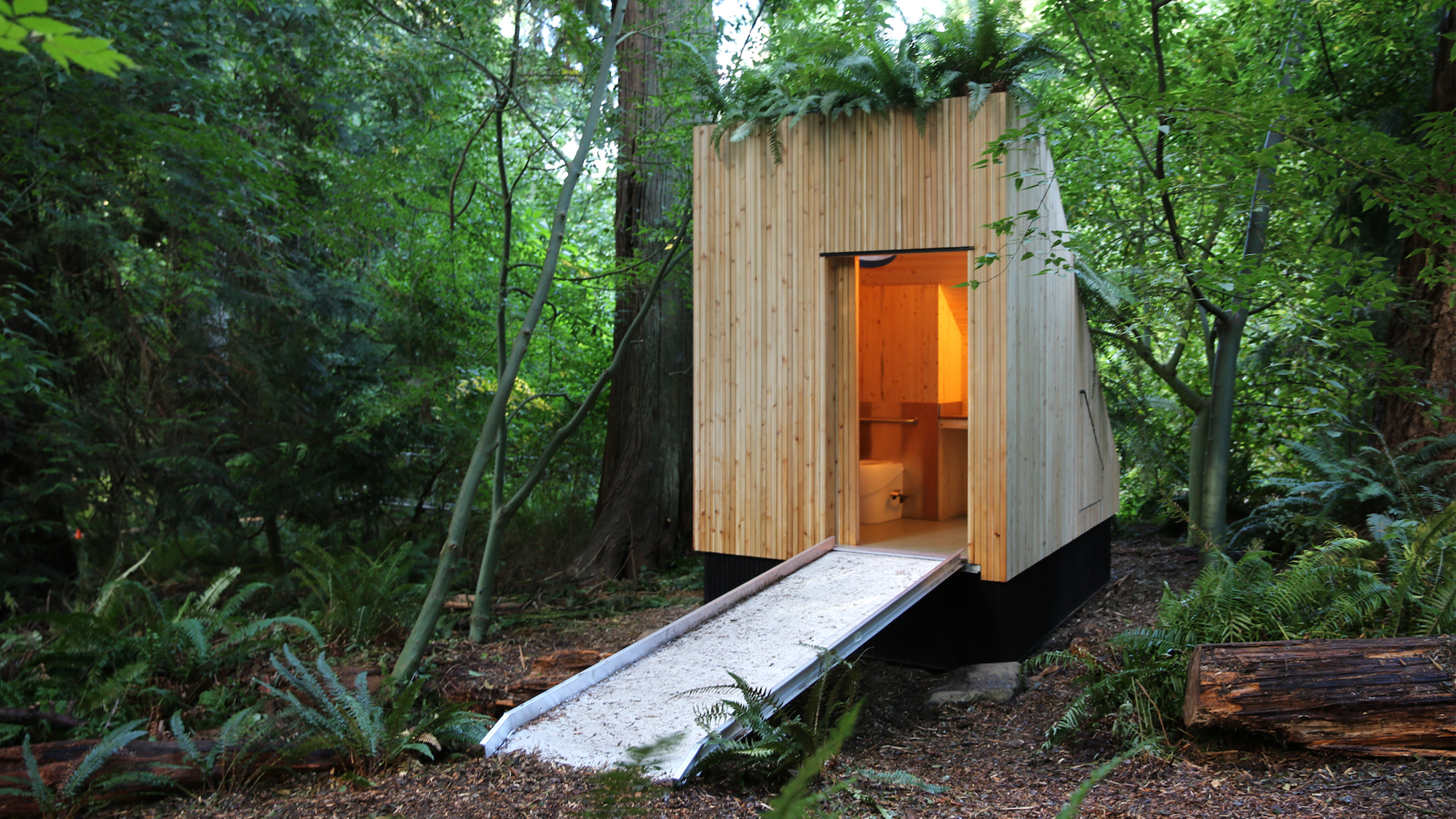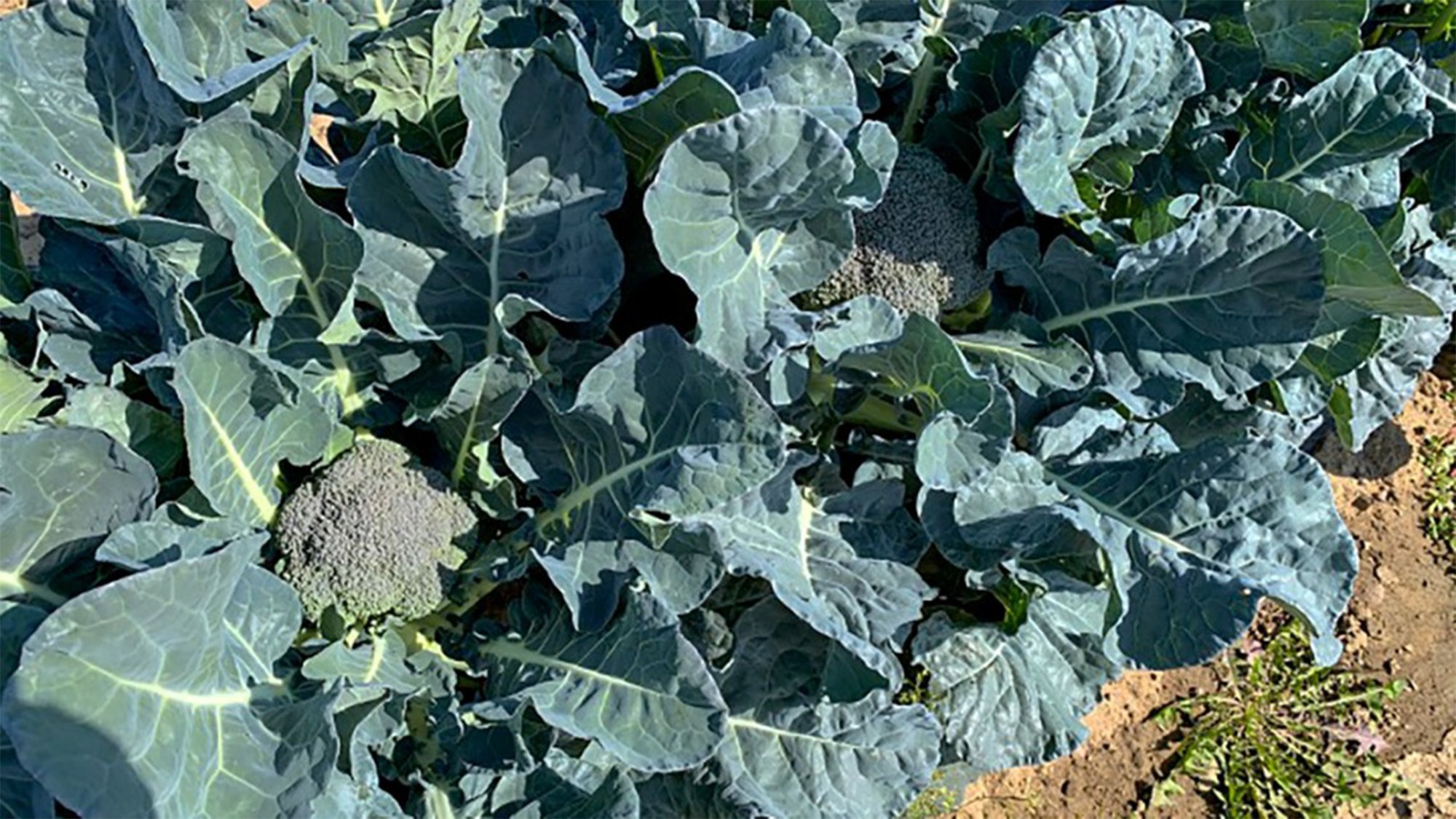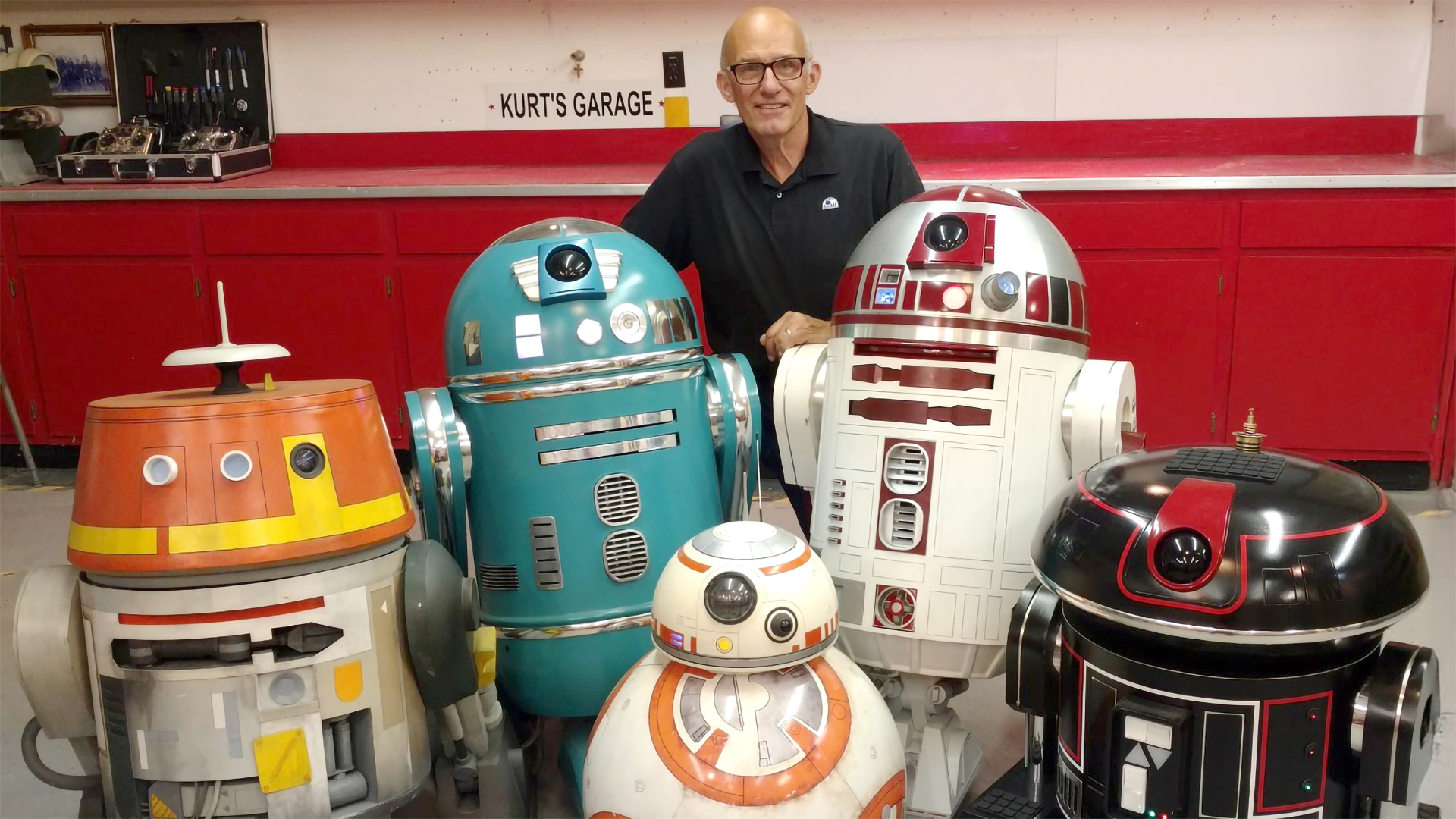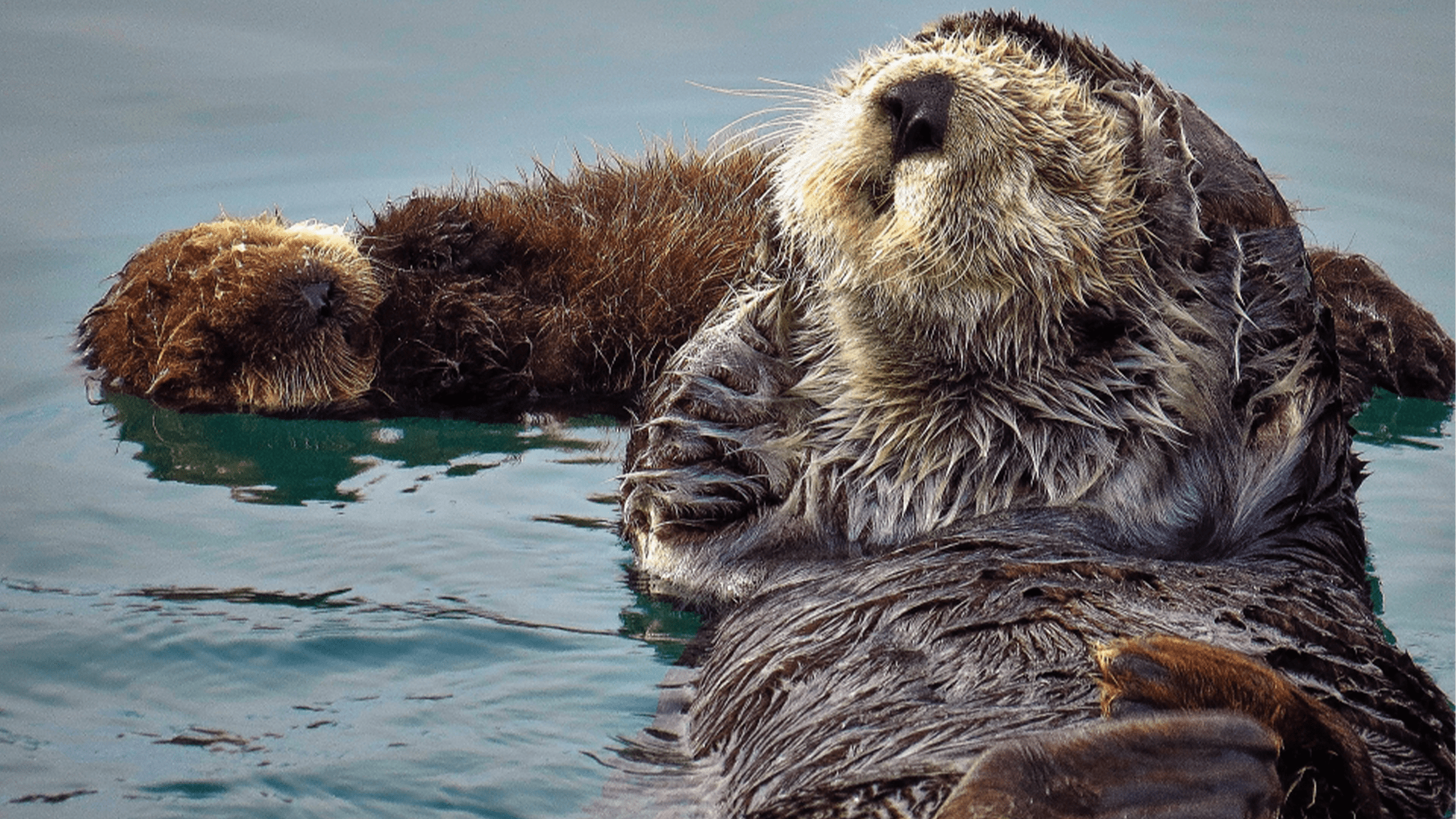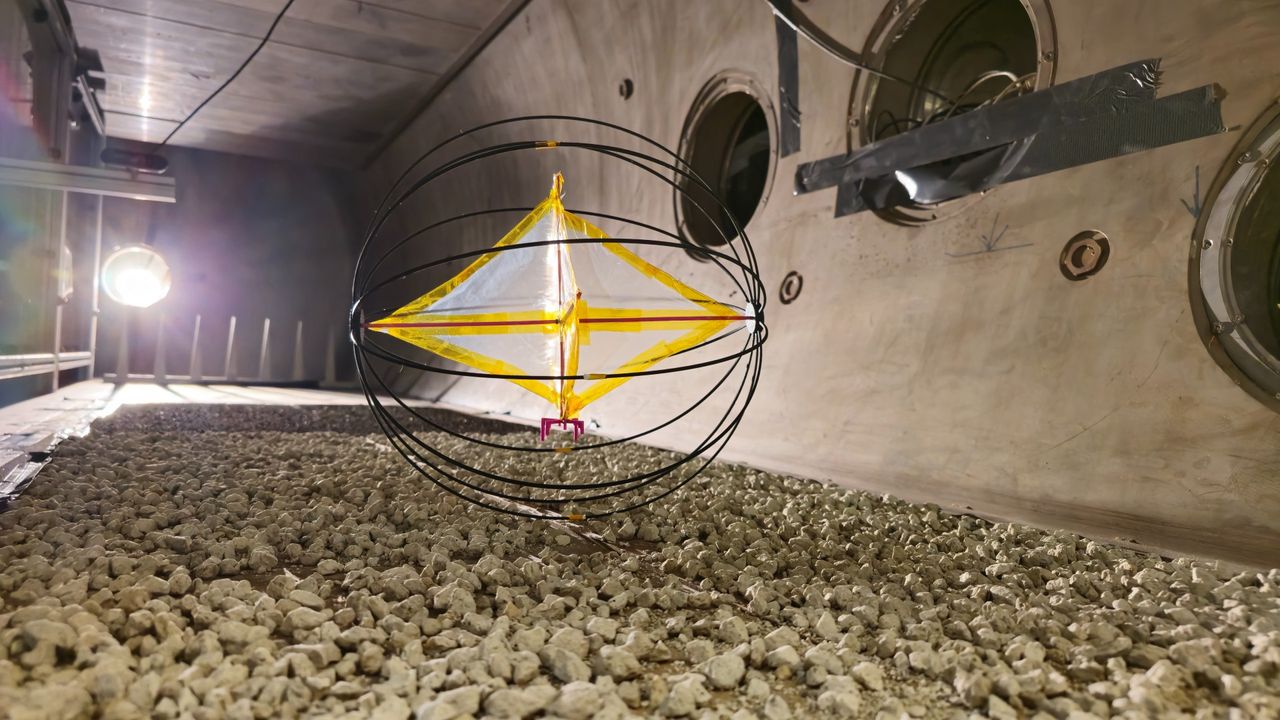Venus fly traps’ death-grip trigger discovered
PositiveScience
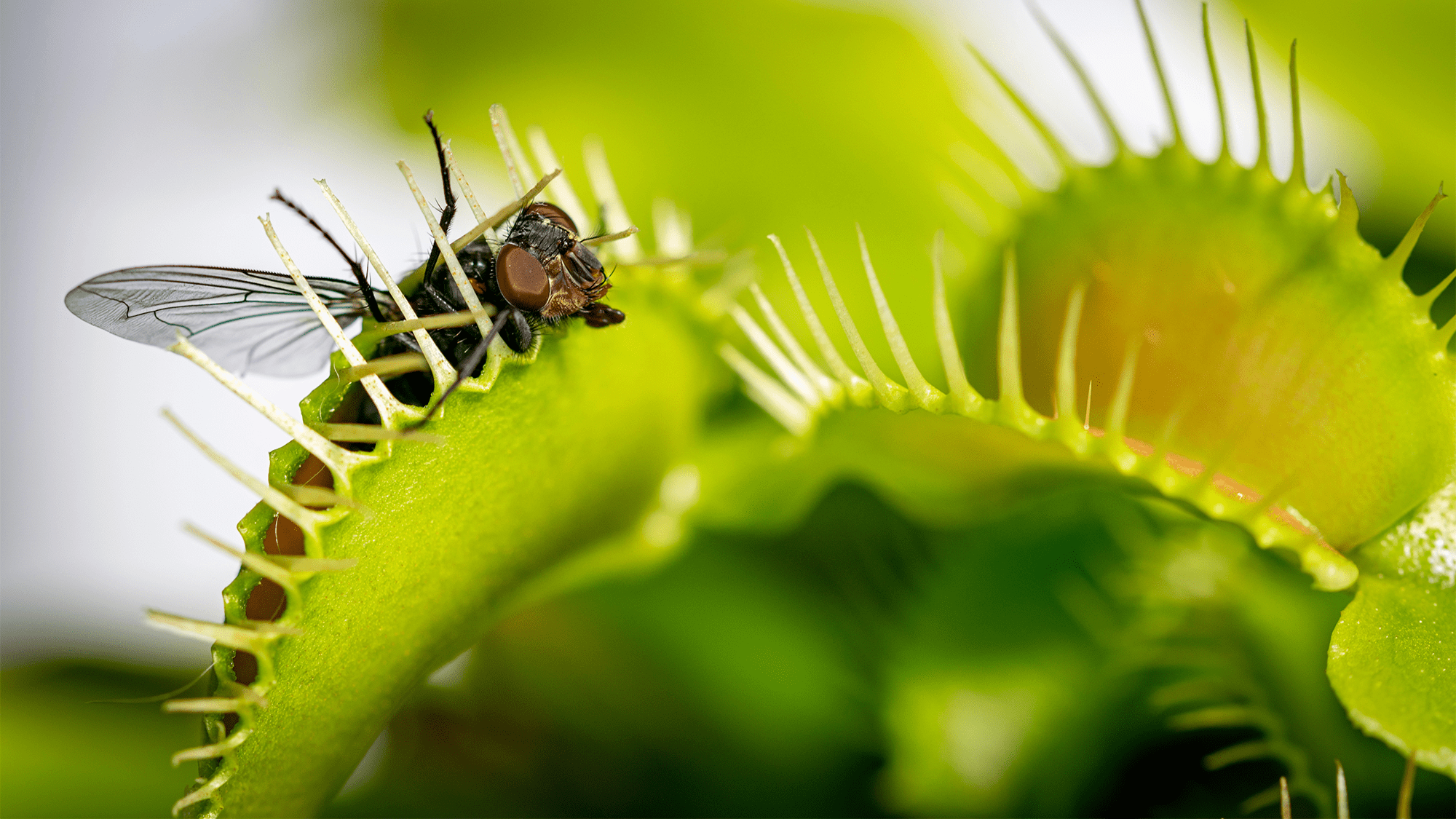
Scientists have uncovered how Venus fly traps know when to snap shut on their prey, revealing the fascinating mechanisms behind these carnivorous plants. This discovery not only enhances our understanding of plant behavior but also highlights the intricate adaptations that allow these plants to thrive in nutrient-poor environments. Such insights could inspire future research in botany and ecology, making it an exciting development for both scientists and nature enthusiasts.
— Curated by the World Pulse Now AI Editorial System

